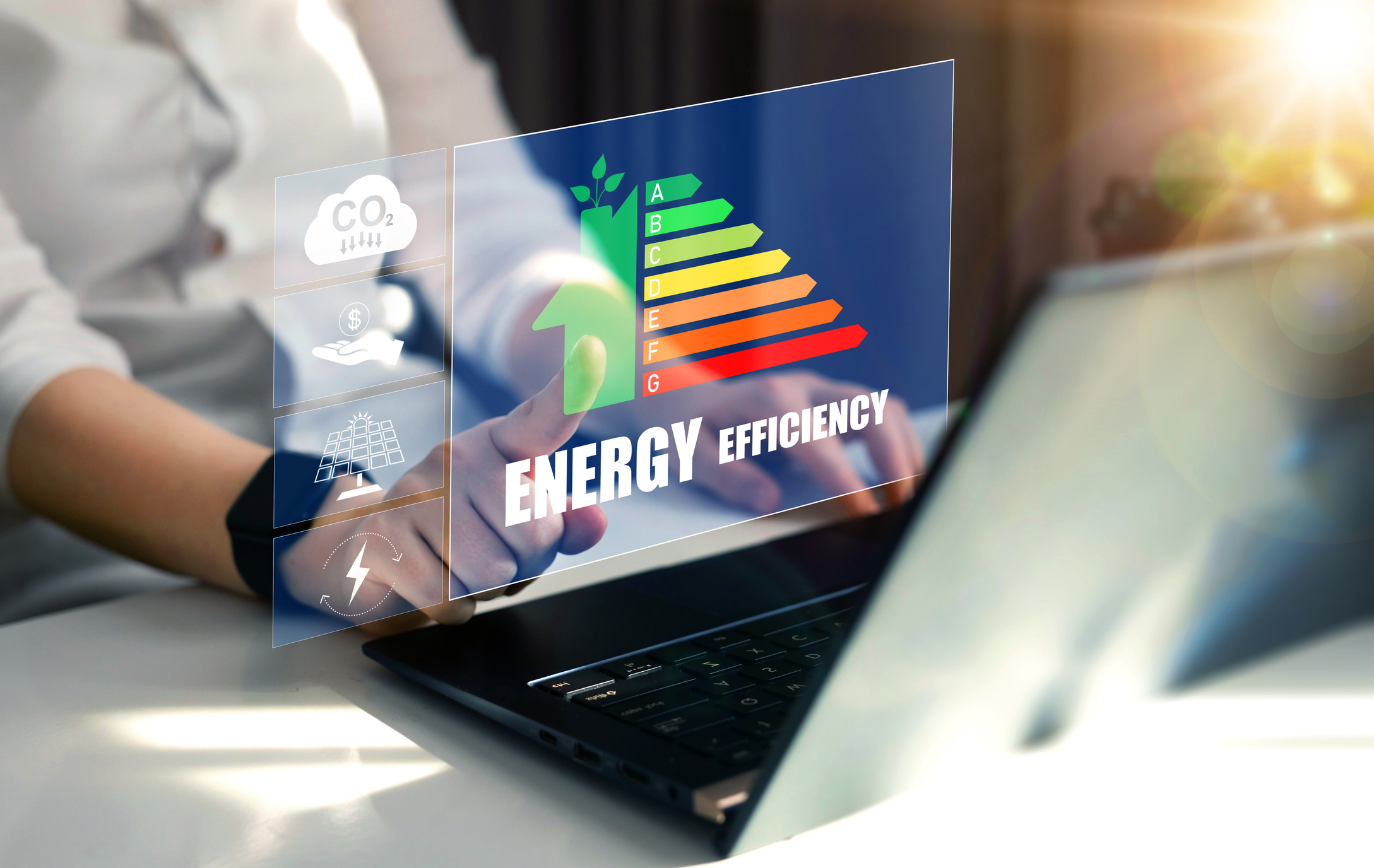
As temperatures soar during the summer months, many of us crank up the air conditioning to stay cool indoors. But what if we told you there is more to it? While AC units are essential, they often work harder than necessary if your home is not properly insulated. Insulation is not just for keeping warm air in during winter-it plays a crucial role in maintaining a comfortable indoor environment year-round. Let’s look into why insulation should not be neglected in the summer.
One of the primary functions of insulation is to regulate indoor temperatures. At first glance, it may seem like insulation is only beneficial in cold weather, but it actually works both ways. During winter, it helps to keep the heat generated by your heating system inside, preventing it from escaping through walls, floors, and ceilings. Similarly, in summer, insulation keeps hot outdoor air from penetrating cooled indoor spaces, thereby reducing the load on your air conditioning system. This results in more consistent and comfortable temperatures throughout your home.
Proper insulation acts as a barrier, preventing the transfer of heat between the inside and outside of your home. In summer, insulation helps keep the cool air generated by your air conditioner inside, reducing the load on your cooling system. This means your AC unit doesn’t have to work as hard or run as frequently, resulting in lower energy bills and reduced environmental impact.
Many would be happy to know that having proper insulation in your home is a passive way of helping the environment. Using less energy to cool your home means reducing your carbon footprint. By improving the efficiency of your cooling system through insulation, you contribute to environmental conservation efforts.
The main goal when it comes to regulating the temperature inside your home is probably comfort. Good insulation helps maintain a consistent indoor temperature throughout your home. It prevents hot outdoor air from infiltrating your living spaces, creating a more habitable environment for you and your family. Rooms that are well-insulated stay cooler longer, allowing you to enjoy relief from the summer heat without constantly adjusting the thermostat.
Insulation not only regulates temperature but also helps control moisture levels in your home. High humidity can make indoor spaces feel sticky and uncomfortable, but if you are a Georgia resident you already know that. Humidity is no stranger to Georgia. Proper insulation helps to keep humidity levels in check by minimizing condensation on walls and ceilings, which can lead to mold and mildew problems.
Investing in quality insulation is a long-term investment that pays off in more ways than one. Insulating your home is like putting oil in your car. You may not want to spend the money at the moment, but you end up saving a larger sum in the future. In addition to reducing monthly energy bills, effective insulation can also boost the value of your home. Potential buyers appreciate energy-efficient homes that offer lower operating costs, making your property more attractive on the market.
When considering insulation options, you may benefit from consulting with professionals who can assess your home’s specific needs. Insulation materials come in various forms, including fiberglass, cellulose, spray foam, rigid foam boards, and mineral wool. Each type has its unique properties and suitability for different applications. Factors such as climate, building design, and budget should be considered when choosing the right insulation for your home.
By strategically placing insulation in key areas of your home, you can significantly improve its ability to regulate temperatures during the summer months. Here’s a comprehensive guide on where to focus insulation efforts in your home to maximize temperature regulation during the summer months:
The attic is one of the most critical areas to insulate for effectiveness. Heat tends to rise, and without adequate insulation in the attic, it can seep into your living areas below, causing your air conditioning system to work harder. Depending on your home’s design, insulating the attic floor or roof helps keep excessive heat out and maintains cooler temperatures indoors.
Insulating exterior walls effectively prevents outdoor heat from penetrating into your home. Depending on the construction of your walls, insulation can be installed either during construction or as a retrofit. Common materials used for wall insulation include fiberglass batts, cellulose, or spray foam, which provide varying levels of thermal resistance (R-value) to reduce heat transfer.
If your home has floors above unconditioned spaces such as garages, crawl spaces, or basements, it is essential to insulate these areas. Insulation helps to minimize heat gain from below. Basically, the heat needs to be stopped from all angles.
While not traditional insulation, upgrading windows and doors with energy-efficient models or adding window treatments like blinds or curtains with thermal lining can contribute significantly to temperature regulation. These measures help to reduce heat gain from direct sunlight and improve overall energy efficiency.
Insulating the roof or ceiling directly beneath a hot attic space is crucial for preventing radiant heat from entering your home. Reflective insulation or radiant barriers installed in these areas can help to reflect solar heat away from your living spaces, further enhancing cooling efficiency.
Insulating air ducts that run through unconditioned spaces like attics or crawl spaces helps to maintain the temperature of the air flowing from your HVAC system. This reduces energy losses due to heat gain along duct surfaces and ensures that cooled air reaches its intended destination efficiently.
The summer heat may be appreciated by the pool, but it is better left outside. As we seek cool air during the heatwave, insulation proves to be a key component in achieving this goal. Its impact on energy efficiency, comfort, and environmental responsibility cannot be overstated, particularly during the hot summer months.
Make your home your paradise, and stay cool!